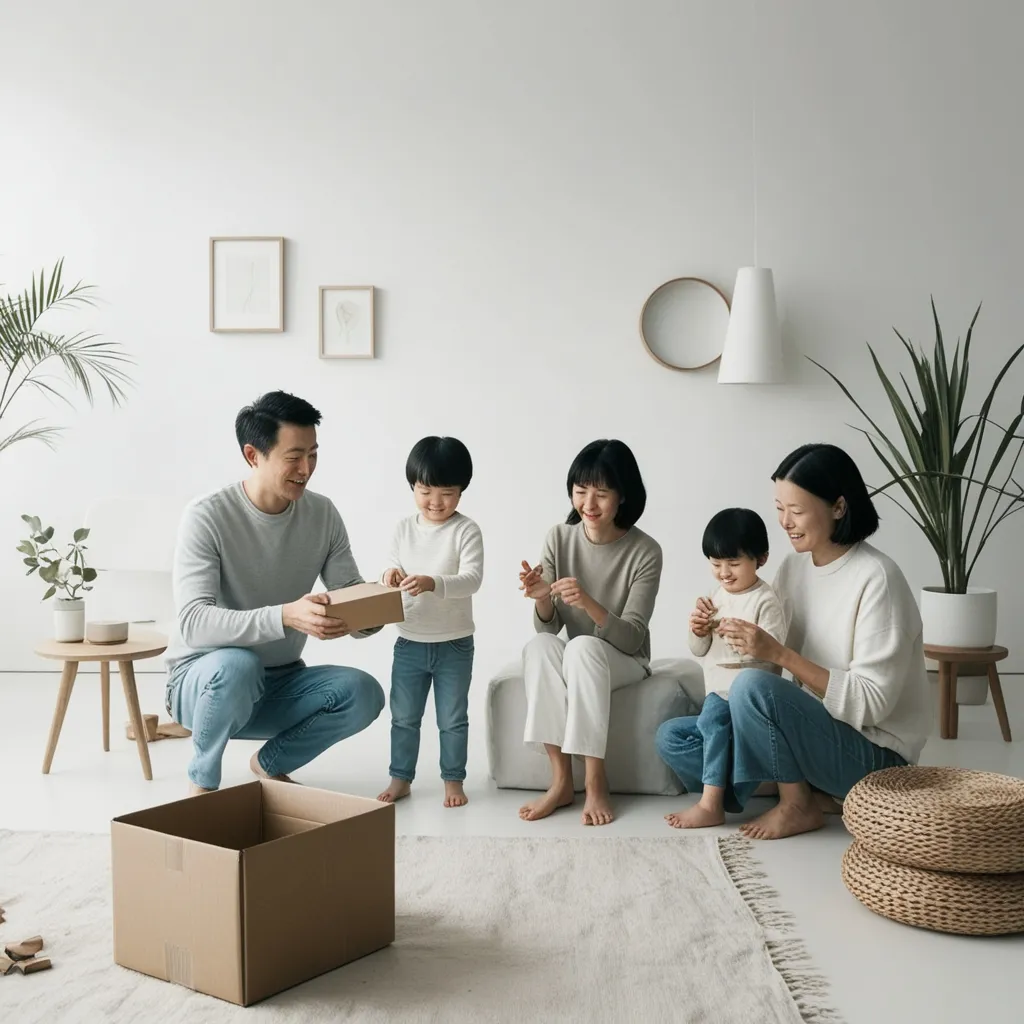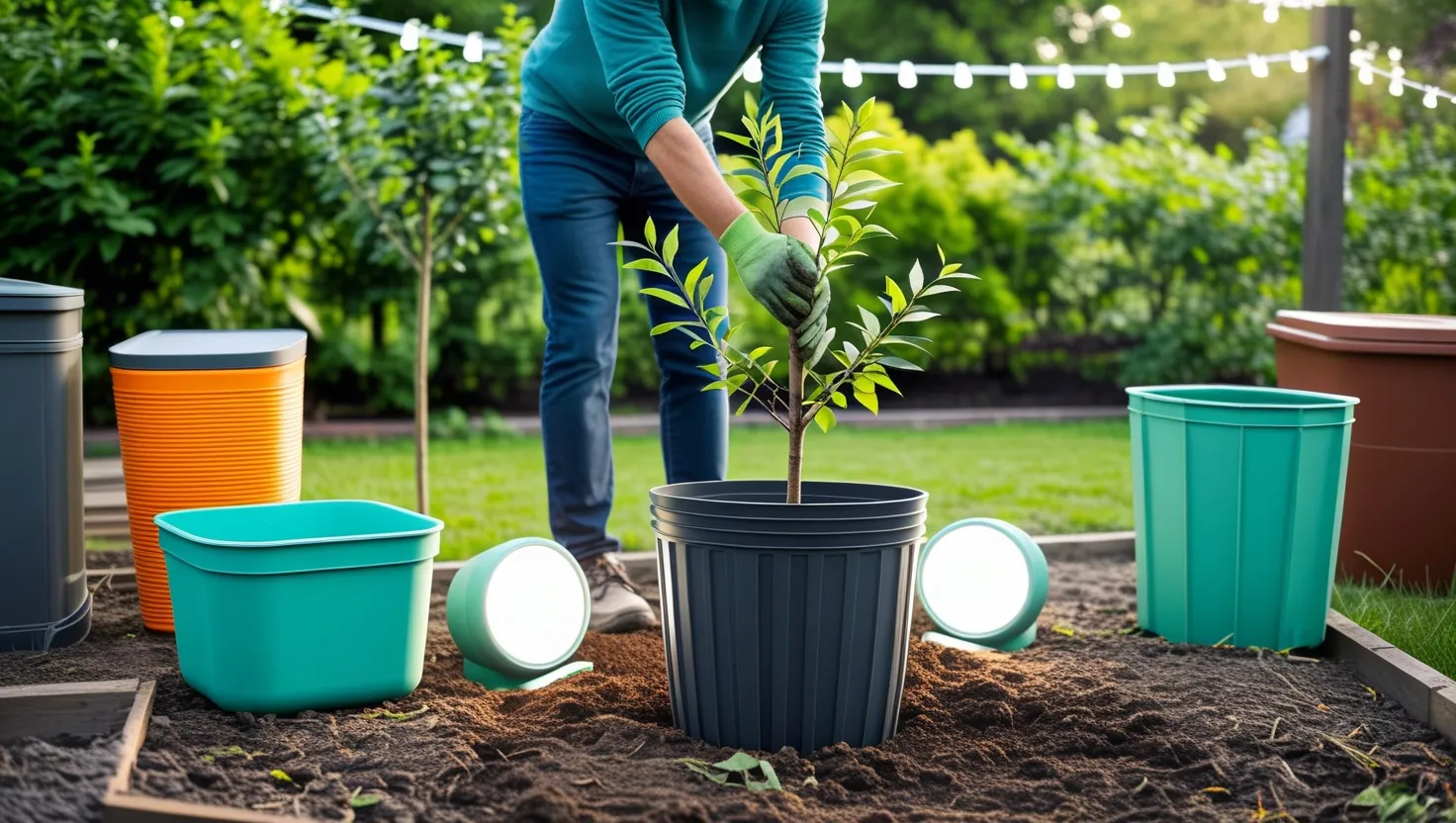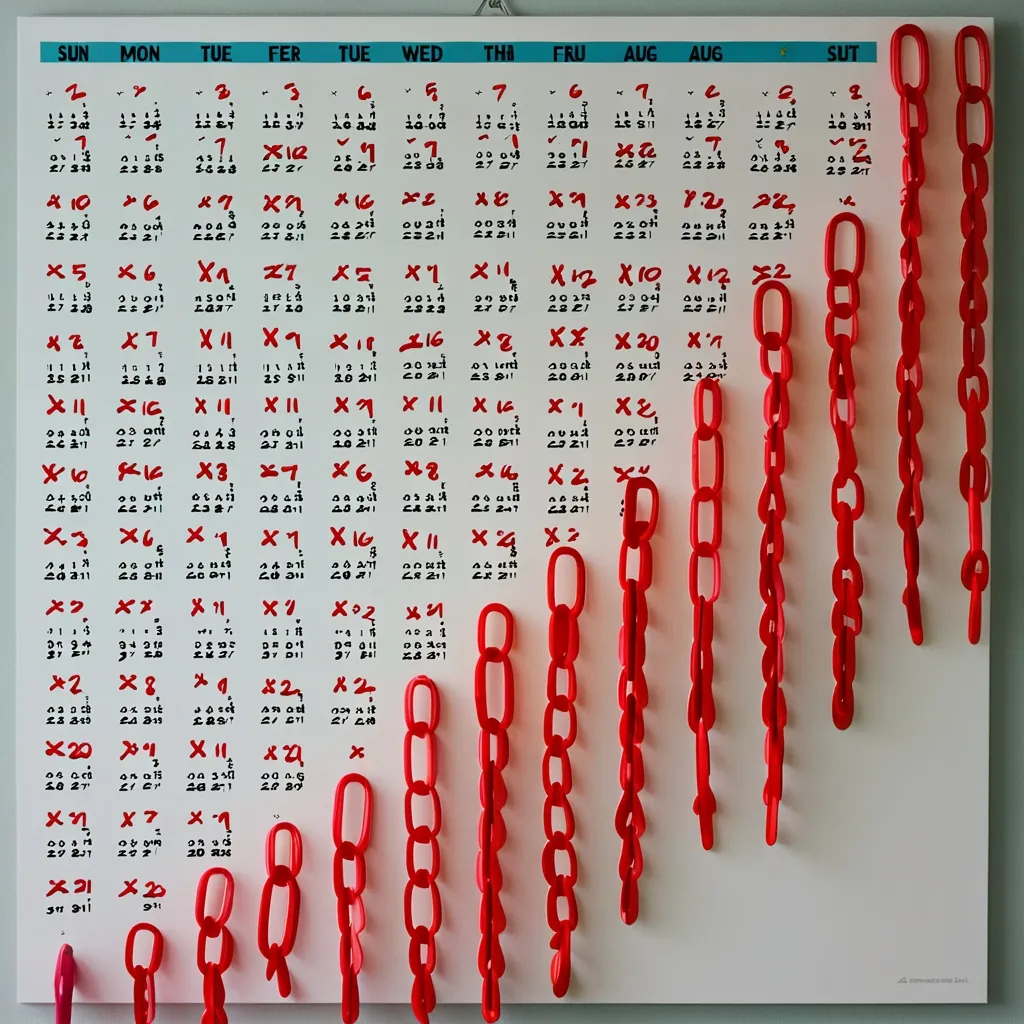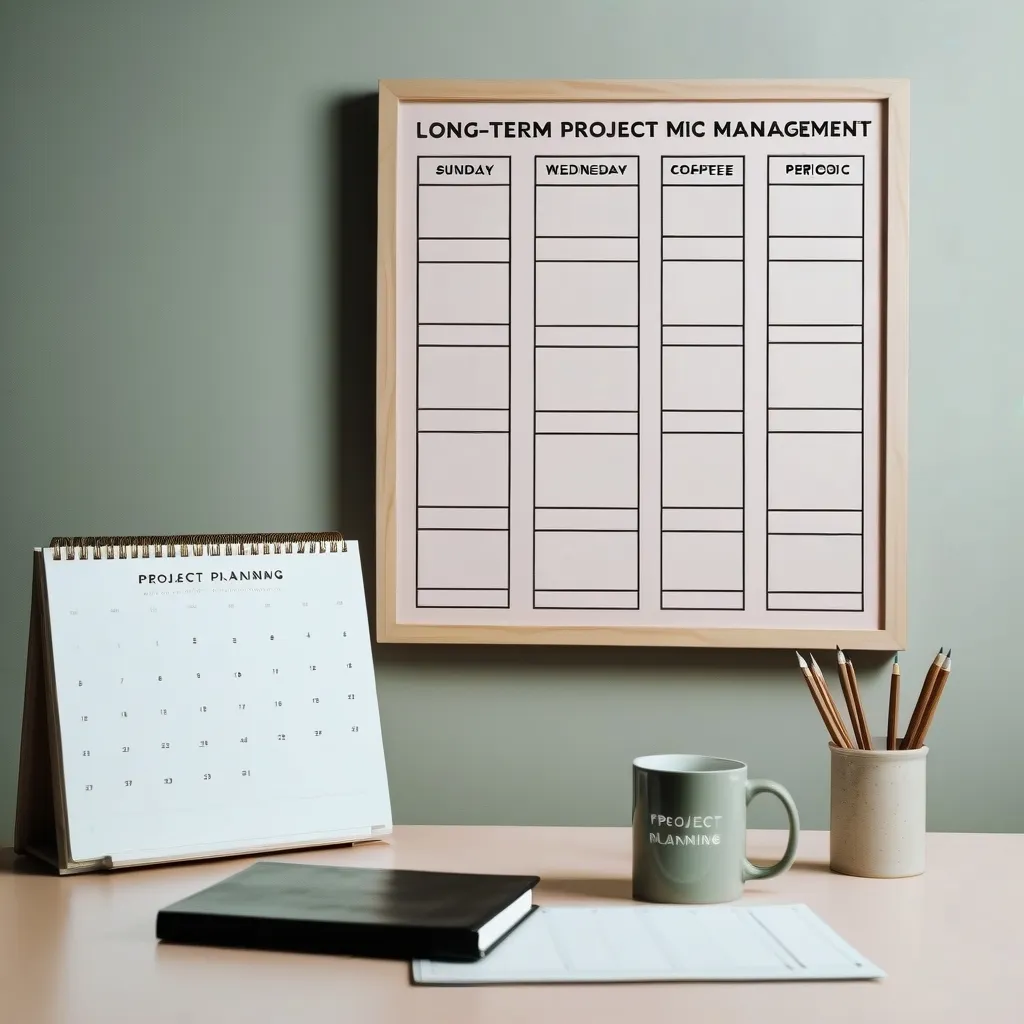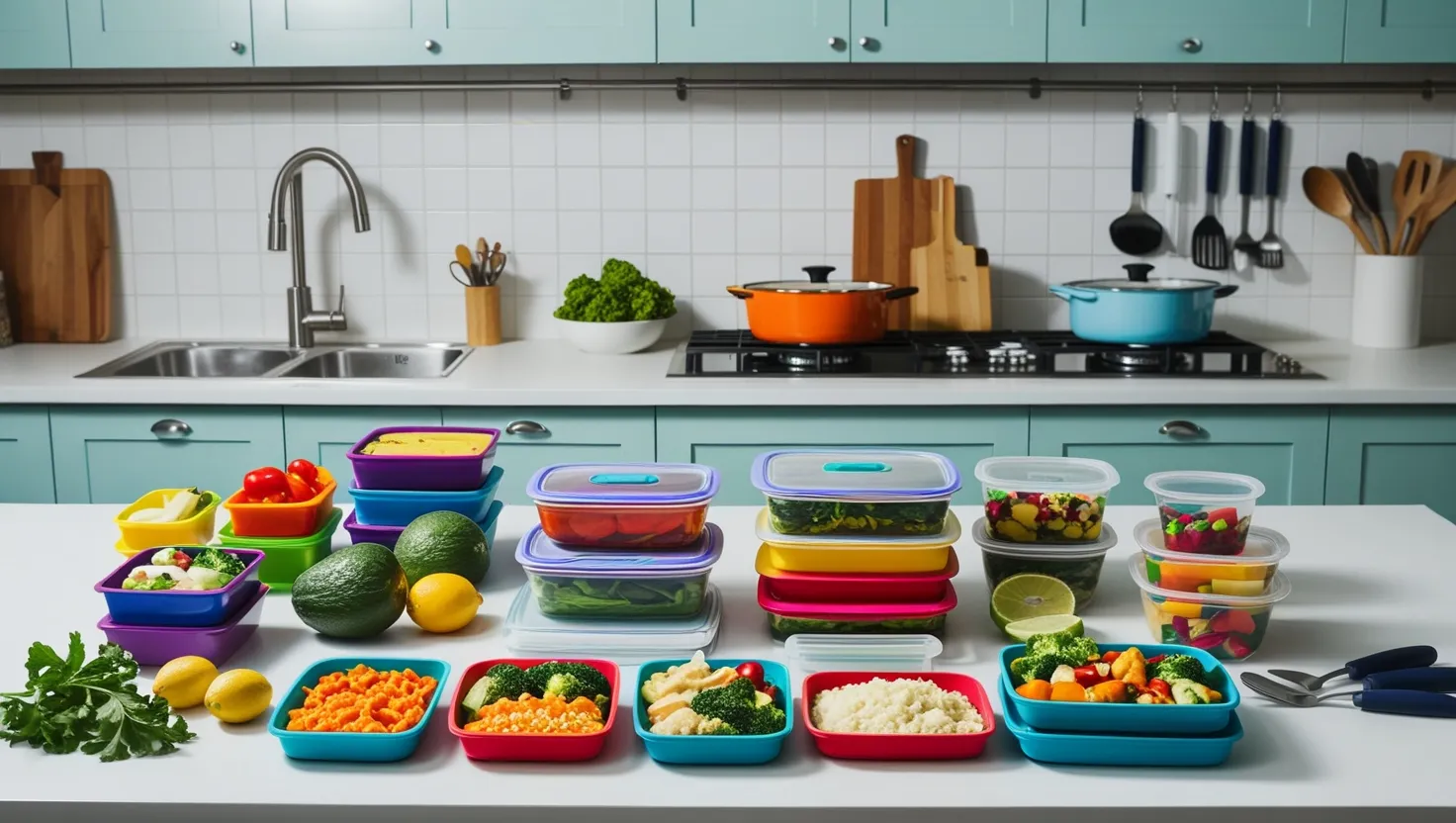Parenting nowadays can sometimes feel like gearing up for a triathlon of never-ending tasks, squeezed between baby soccer and ballet recitals. Amidst all the hustle and bustle, a fresh breeze called “minimalist parenting” is slowly making its way into the parenting cosmos, encouraging simplicity and intentional living. This isn’t just another fleeting trend but a conscious shift towards stripping away the fluff and really focusing on what counts.
Let’s face it; today’s parenting scene is like a minefield of excessive options. From toys to a plethora of extracurricular activities, and not to mention the absurd amount of expert advice floating around. This tsunami of choices has led to a surge in what folks are calling “over-parenting.” It’s the constant juggling act where parents are filling their kids’ schedules to the brim, micromanaging every tiny detail, and hovering like helicopters. The outcome? Kids who are so wrapped up in packing their days with activities that they miss out on the beauty of simple joys and the thrill of self-discovery.
Over-parenting is more than just a headache for parents; it’s proving to be a recipe for mental health troubles for kids too. Various studies show that this uptight approach can trigger depression, anxiety, and social awkwardness. Imagine being unable to think outside the box or solve problems on your own because somebody else was always doing it for you. That’s the plight of many kids today.
This is where minimalist parenting steps in like a breath of zen air. The idea is to declutter not just the physical space but the mental and emotional space too, allowing families to focus on what truly makes life meaningful. Think of it like Marie Kondo’s philosophy but applied to parenting. Less junk equals more room for growth and happiness.
One key pillar of minimalist parenting is to cut down on the avalanche of toys. Instead of drowning in plastic and plushies, the idea is to handpick toys that hold significance and encourage creativity. When kids have fewer toys, they tend to use their imagination more and get better at problem-solving. It’s amazing how a cardboard box can become a spaceship if it’s the only “toy” around.
Then there’s the craze for overscheduling. Parents these days often shuffle their kids from one activity to another like they’re chauffeuring little CEOs. Minimalist parenting suggests slowing down this chaotic carousel. A less hectic schedule provides kids with the invaluable gift of free play and relaxation. This lets them explore their own interests, make choices, and feel a sense of control in their lives.
Encouraging independence is another core principle. The idea is not to throw kids into the wild but to guide them while allowing them the room to make their own decisions. It’s all about creating an environment where kids feel safe to try, fail, and try again, eventually mastering essential life skills.
One of the toughest hurdles is the illusion of perfection. The pressure to be the perfect parent can be crushing. Minimalist parenting flips this on its head by emphasizing that it’s okay to mess up. Mistakes are just stepping stones. By letting go of the insane goal of perfection, parents can find more joy and freedom in their journey.
Simplifying family life goes beyond just trimming the toy shelf. It means creating a home that isn’t cluttered, cutting down on impulsive purchases, and staying focused on what truly adds value. A decluttered environment is less stressful, providing more opportunities for meaningful interactions with the kids.
The upside of embracing minimalist parenting is pretty impressive. With less stress and more focus on what matters, parents often find themselves happier and more satisfied. Kids benefit from having the time and space to play and grow their imaginations. Family bonds strengthen as everyone shares more quality time together.
Finding the sweet spot between being involved and being too involved is crucial. Minimalist parents are careful about when to step in and when to hang back, allowing their kids to develop their own interests and skills while still having the necessary support.
Trusting one’s instincts forms the bedrock of minimalist parenting. It’s about being comfortable with making decisions based on what feels right for the family, rather than following every parenting fad or expert tip. This makes the parenting journey more authentic and gratifying.
One of the magical outcomes of minimalist parenting is the room it creates for imagination. With fewer toys and scheduled activities, kids are free to explore and create. This nurtures a sense of curiosity and innovation essential for their development.
The big-picture goal is raising self-reliant children. By giving them the freedom to make and learn from their choices, parents empower them with confidence and independence that will serve them well throughout their lives.
Lastly, minimalist parenting aims to cultivate a more serene family life. With reduced clutter and fewer frantic schedules, the family atmosphere becomes more peaceful and fun. This helps everyone slow down and appreciate the simple joys of life.
Minimalist parenting is like finding an oasis in the desert of modern-day chaos. It offers a refreshing alternative where the focus shifts to what truly matters. By decluttering, simplifying schedules, and encouraging independence, families can strike a happy balance and enjoy a more satisfying and meaningful life together. It’s less about depriving kids of experiences and more about allowing them the space to blossom naturally. And isn’t that what every parent ultimately wants?
